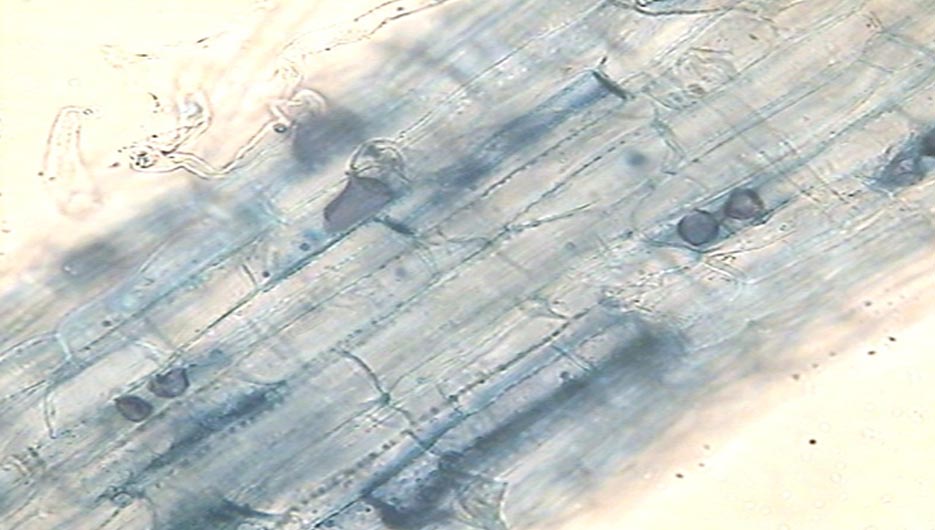
Phosphorus (P) is a critical nutrient that plays an essential role in improving soil fertility for optimum plant growth and productivity. It is one of the most deficient macro-nutrients in agricultural soils after nitrogen and is considered inadequate for plant growth and production. To P availability in soils, the farmers are applying huge amounts of synthetic P fertilizers that adversely affect the wider environment, groundwater, soil fertility and microbial population. Many beneficial microbes are known to release and supply soluble P for improving growth and yield of a variety of plants in a sustainable manner in P deficient soils. Thus, inoculation of these microbes, including arbuscular mycorrhizal fungi (AMF) and phosphate solubilizing bacteria (PSB) to soil to enhance crop production without harming the environment, is an alternative approach to chemical fertilizers. The combined role of AMF and PSB in P solubilization is not well understood and the application and mode of action of these microbial groups are often naive due to variation in the environment. Therefore, the current review would develop a better understanding of the interactive role and mechanisms of AMF and PSB in improving P availability from both organic and inorganic sources in a sustainable crop production system. Finally, the current review would loop out further avenues for researchers interested to commercially produce effective AMF and PSB-based biofertilizers for sustainable management of phosphorus over a wide range of agricultural crops worldwide.
Fazli Wahid, Muhammad Sharif, Shah Fahad, Amjad Ali, Muhammad Adnan, Rafiullah, Shah Saud, Subhan Danish*, Muhammad Arif Ali, Niaz Ahmed, Hüseyin Arslan, Doğan Arslan, Murat Erman, Ayman EL Sabagh, Fatemeh Gholizadeh, Rahul Datta.
Phyton (2022)
https://www.techscience.com/phyton/v91n2/44595


